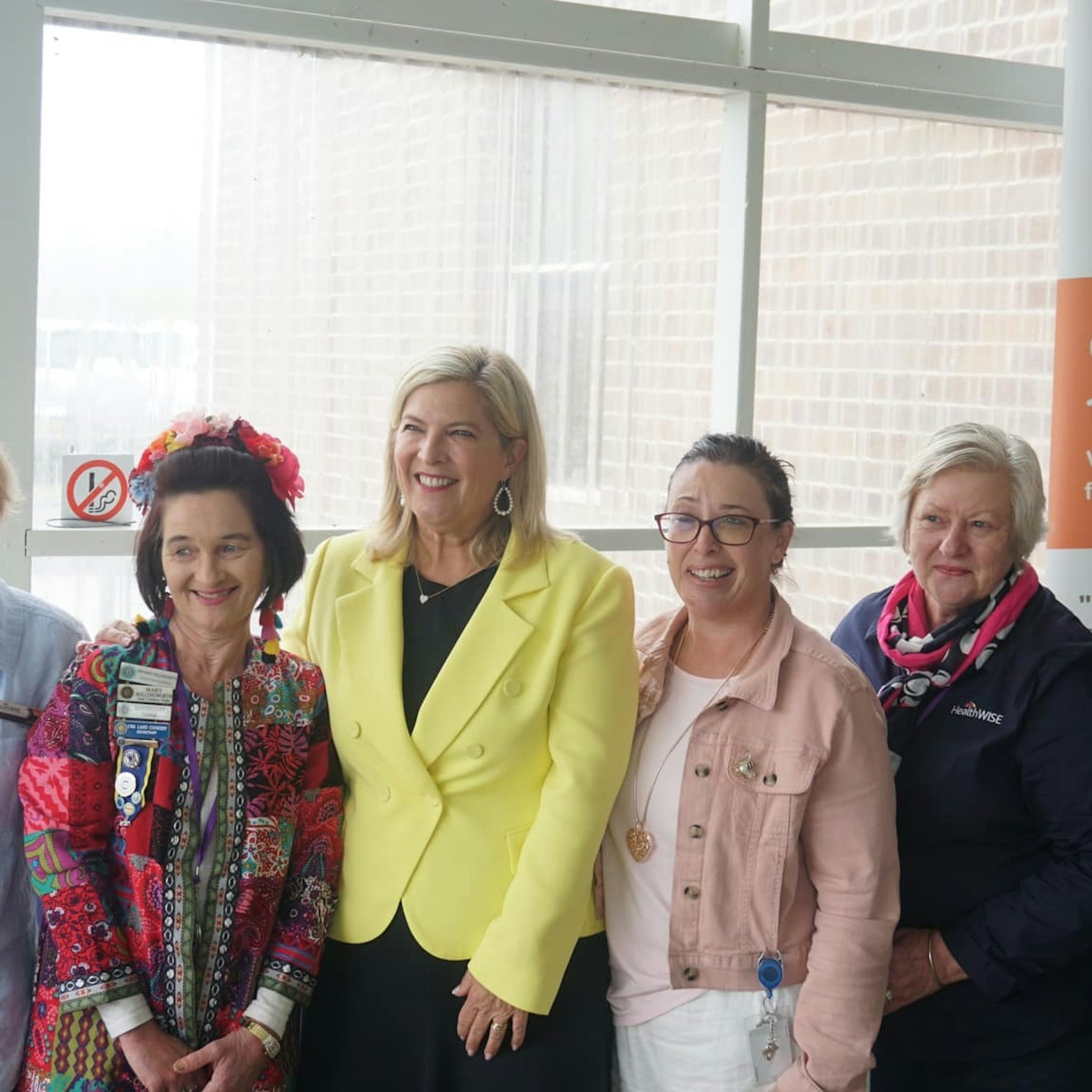
December 15 2022
Health literacy improved due to the successful Rural Communities Project.
In 2019, the Primary Health Network (PHN) undertook a health needs assessment in Glen Innes and Tenterfield as part of its Rural Communities Project.
03
May 2023 May 2023
Care finders provide face-to-face support to vulnerable older people who would not be able to arrange aged care services without intensive assistance and do not have a family member or friends who can help. Care finders support these older Australians to navigate and access My Aged Care, aged care services and other relevant supports in the community.
The program has been developed following recommendations from the Royal Commission into Aged Care Quality and Safety 2021 and outcomes of the Aged Care System Navigator Trials.
Who is the care finder program for?
Care finders are not for everyone. To receive care finder support, a person must:
To be eligible for government-funded aged care, individuals:
In addition, they may have one or more of these reasons for needing intensive support:
What do care finders help with?
Care finders can help people understand what aged care services are available, set up an assessment and find and choose services. They also help people with access to other supports in the community. They can help with both accessing services for the first time and changing or finding new services and supports.
What are the intended benefits of the care finder program?
The intended benefits of the care finder program are to improve outcomes for people in the care finder target population, including:
How do older Australian, who do not fit within the target population, receive support?
Most people who need aged care should call My Aged Care on 1800 200 244 or visit myagedcare.gov.au to discuss their needs and arrange an assessment.
If someone would like help to talk to My Aged Care or to use the website they can go to any Services Australia centre.
There are also Aged Care Specialist officers who give face-to-face help in 70 Services Australia service centres. Visit Services Australia website to see where these are located or call 1800 227 475 (in HNECC Nelson Bay, Taree, Wallsend and Woy Woy).
Role of HNECC Primary Health Network
The Hunter New England and Central Coast PHN are undertaking the following activities to coordinate the implementation of the care finder program:
Subscribe to our mailing list to get all the latest news updates delivered to your inbox.